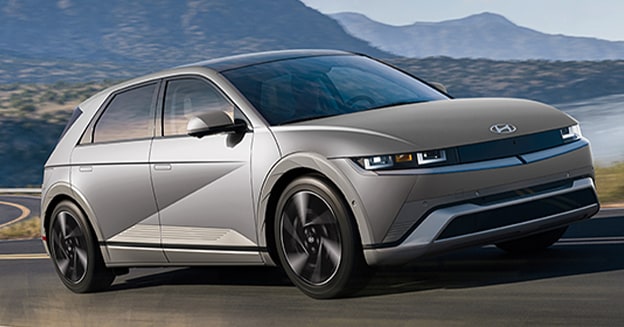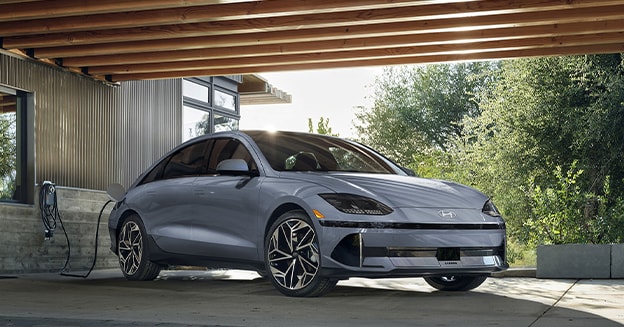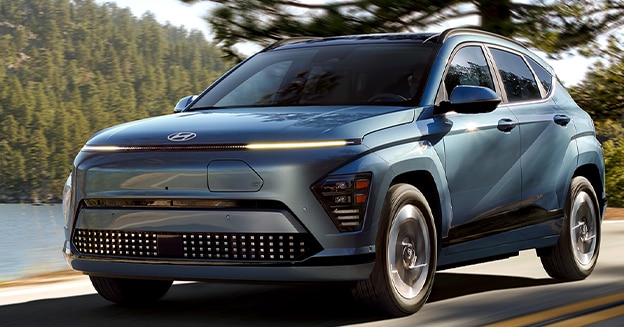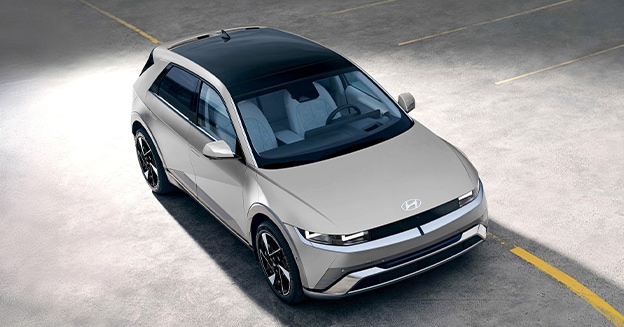Frequently Asked Questions (FAQs) about Electric Vehicles
If you have questions about electric vehicles, please check out our list of frequently asked questions below. You can also contact your local Hyundai dealership for personalized advice.
How much does it cost to charge an electric car?
While the exact total to charge an electric car will vary by your EV model and local energy rates, electric vehicles are relatively inexpensive to charge.
Many drivers find that they can fully charge their car for $10-15 at home. For reference, it would cost approximately $11.61 to fully charge the IONIQ 6at a rate of $0.15/kWh, which would provide enough power for the sedan to travel up to 550 km.
There are also a wide range of public charging stations, many of which are free to use. You can consult charging station maps, such as those offered by ChargeHub, Flo, and PlugShare, for more information about your local options.
Are there rebates for electric cars in Canada?
Yes, many provinces and territories offer rebates for electric car purchases.
How are electric cars in the winter?
While all batteries are slightly less efficient in extreme temperatures, Hyundai’s electric vehicles are designed to handle cold weather and feature a battery temperature management system to maximize performance in frigid temperatures.
Disclaimer: This article is for informational purposes only and may not reflect the latest updates to vehicle models, features, or availability. For the most accurate and up-to-date information, please visit the current model pages on the Hyundai Canada website or contact your local dealership.






